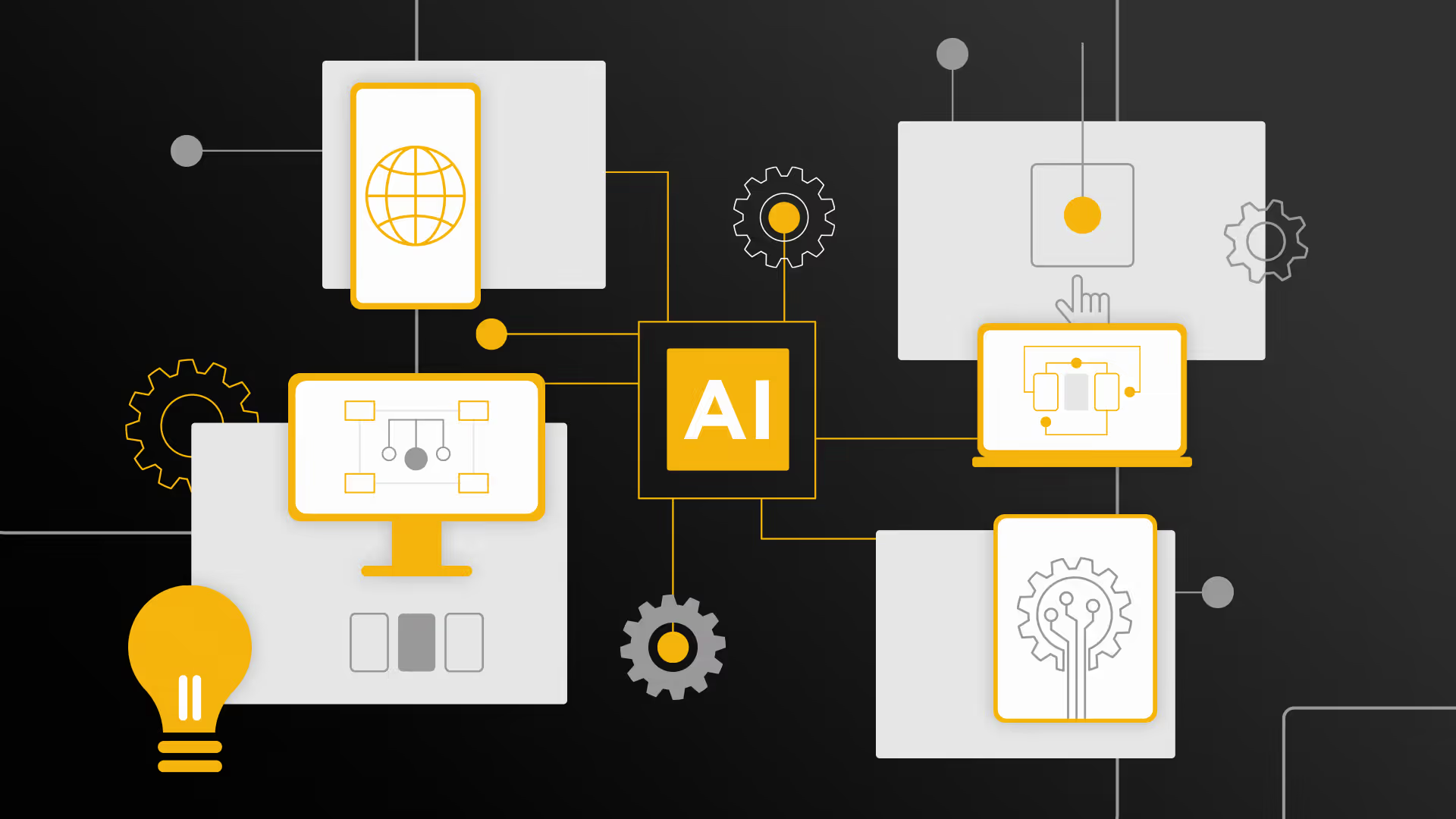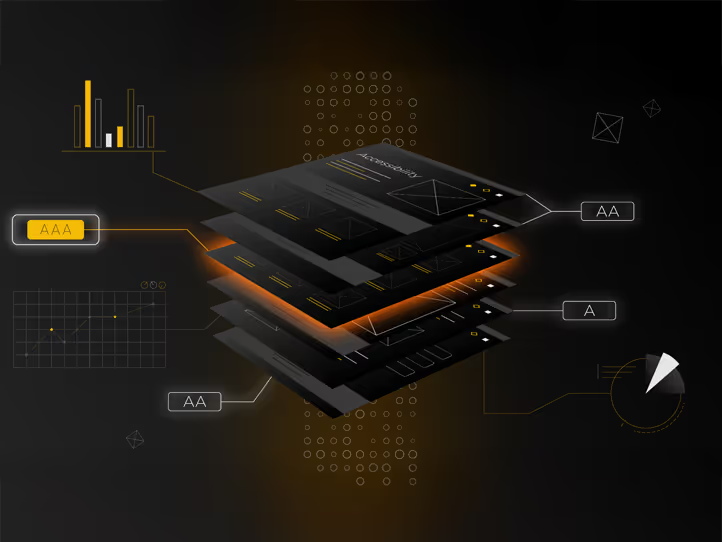How Drupal is unlocking the power of AI

Web platforms must stay up to date with the latest tech and features.
Features that enhance user experience and website functionality. Features that are accessible, easy to use and make managing a site less of a hassle.
And right now, artificial intelligence is undoubtedly the game-changing technology shaking up the digital world.
So how is Drupal keeping pace with the rise of AI?
What exactly is Drupal and how is it evolving?
Drupal was introduced to the world as an open-source content management system (CMS) in 2009 but has now evolved into the central component of a digital experience platform (DXP). A DXP is a software platform that includes a range of tools to support the management, delivery and optimisation of digital experiences.
While a traditional CMS platform focuses on managing content, primarily for websites, a DXP goes beyond website content and is capable of much more, such as data management, customer journey and digital touchpoint tracking, and personalisation and automation.
Drupal consists of a core website hosting platform, with multiple modules that can be added as an extension to its functionality. Modules that are increasingly appealing and relevant to digital designers, including the team at Proctors, are AI modules that can be installed and configured to add value to a site straight away. As AI has transformed the digital space, these are tools that offer many advantages for website hosting and marketing automation.
So, let’s take a look at some of the potential use cases for Drupal’s AI integrations.
Drupal and AI
Drupal’s AI capabilities include the integration of Large Language Modules (LLMs) which can be used to analyse data, generate content and even assist with image creation. An LLM is a type of artificial intelligence that uses deep data processing to understand and generate human language. These AI modules can be accessed via Drupal’s user interfaces or integrated into the code of the site, meaning content editors and developers alike can use them.
Below are some examples of Artificial Intelligence modules that can be added to your Drupal core platform and utilised as extensions to your team:
1) AI Assistants API + Chatbot modules provide a way for all users, including the creators, of the site to interact with a chatbot. This functionality can either be specific modules or integrations with third-party tools such as OpenAI or ChatGPT. The AI API module allows developers and content creators to generate content quickly, translate content into multiple languages and change existing content to match desired tones. On the other hand, chatbot integrations can be used as a 24/7 virtual assistant, allowing users to receive personalised and accurate responses to queries. Chatbots have proven to be a highly valuable tool for improving user experience, with around 55% of companies who use chatbots for marketing experiencing a rise in high quality leads.
2) AI Search module enables content of a Drupal website to be indexed and allows for more relevant and accurate search functionality. Search can be combined with the chatbot functionality, allowing users to search the site via a chat interaction. The search module is highly beneficial for large enterprises, such as banks, consulting firms and software companies, who have large amounts of internal documentation and resources that need to be easily searchable. This tool can also offer search insights that track what users are looking for to improve content strategy and UX.
3) AI CKeditor module is a specific text editing module that can fix your spelling, summarise your content and adjust your tone of voice. This function involves simply adding a button to any What You See Is What You Get (WYSIWYG) text field to create content via an LLM and change the tone. It’s a great tool for non-technical users or editors as it gives the flexibility to rapidly adjust and manage content as and when it’s needed.
4) With AI Translate, pages can be translated with one click, cutting down the time and expense it takes to hire someone to manually translate content on a site with a lot of pages. This tool is particularly useful for organisations who are running websites in multiple languages – reducing translation costs and maintaining consistency across tone and terminology.
As the use of AI is becoming the norm online, it’s clear that Drupal has embraced artificial intelligence through its latest modules, showcasing the platform’s commitment to integrating AI capabilities and leveraging its functionality. These advancements demonstrate the powerful possibilities AI brings to web development.
For our clients, this means faster project turnaround, more personalised experiences and smarter automation.
At Proctors, we’re continuing to develop our skills and expertise across AI technologies including across Drupal modules. By leveraging AI, your existing Drupal site can deliver more relevant content, tailored tone and language, and an improved search experience – all with minimal effort.
If you’d like to explore how our team of Drupal experts can help you leverage Drupal’s platform and powerful functionalities, get in touch with us at marketing@proctorsgroup.com.








